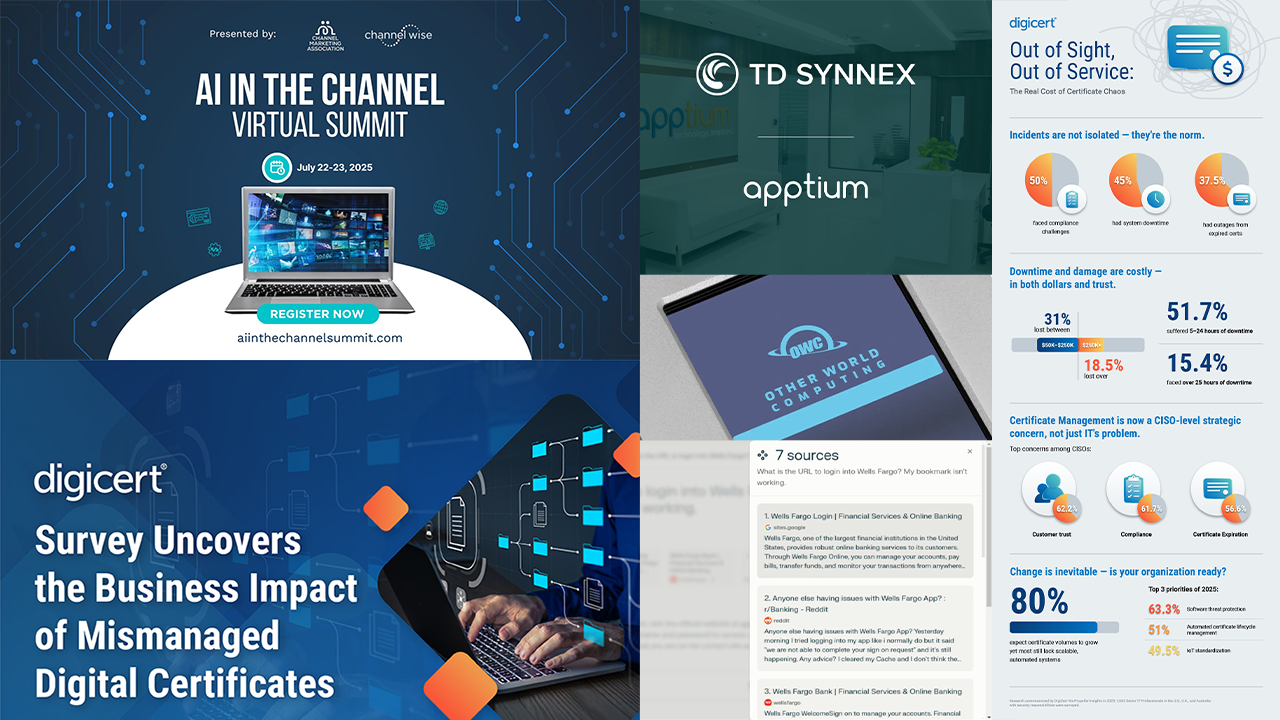Adoption of the internet of things (IoT) continues to explode but it could be even more transformative, a new F-Secure survey finds. The consumers most eager to purchase new connected devices tend to delay or avoid new IoT purchases due to privacy or security concerns. This “Early Adopter Paradox” is creating an opportunity for operators who are already uniquely positioned to secure connected homes.
F-Secure has conducted nearly 20,000 consumer interviews in the United States and Europe over the last 5 years. The research finds:
- Early adopters love the IoT: 9 out of 10 say that they’re excited about the technology.
- Privacy concerns, however, hold back new investments in smart home devices: 74 percent of early adopters say they’re looking to purchase connected home devices, but two-thirds have delayed an IoT purchase because of privacy concerns.
- Early adopters connect more:†38 percent of U.S. internet users spend more than 4 hours online a day; this rises to 45 percent for early adopters
- Cybersecurity savvy rises:†62 percent of U.S. consumers know what ransomware is compared to 37 percent in 2015
- Users shift to mobile:†the share of Americans using desktop PCs has fallen 6 percent since 2015 as the percent that uses Android smartphones has increased 10 percent and iPhone use is up 9 percent
- Homes are getting “smarter:”†Nearly one in four U.S. homes, 22 percent, use a digital assistant such as Amazon Alexa or Google Home, a category that didn’t exist in 2015; this is almost double the 12 percent of Europeans who use such devices
“U.S. consumers are moving to connected devices by choice to enhance their lives and by necessity, given that it’s almost impossible to find a TV that isn’t considered ‘smart’ today,” says F-Secure Operator Consultant†Tom Gaffney. “But these numbers might be even higher if consumers, especially the consumers most open to considering new technology had more confidence in the IoT.”
There’s a considerable threat to consumers due to inadequate regulations regarding security and privacy on the IoT.
“Early adopters’ worries about protecting their personal data are valid, considering the current issues challenging devices that stay online all the time yet aren’t normally secured in the way the most PCs and many smartphones are,” says Gaffney.
In March of this year, Interpol, the International Criminal Police Organization, warned, “All devices which can connect to the Internet – collectively called the ‘Internet of Things’ or IoT – are potentially at risk of a cyberattack.” In early August, the FBI warned that cyber actors illegally use IoT devices for malicious activities that could spike consumers’ internet service bills and threaten the reliability of their internet connection.
F-Secure’s international network of decoy “honeypot” servers used to track the latest cyber threats network continues to find that variations of Mirai are the most prevalent malware in circulation. Mirai targets IoT devices, including cameras and routers, and was used in 2016 to carry out one of the largest denial of service attacks against internet services in history.
“The good news is that there is a simple solution to securing connected home devices and it comes from a source consumers already invite into their living rooms,” says Gaffney. “As the average household moves toward the use of dozens of connected devices at one time, the demands on service providers will only increase. F-Secure is delivering a comprehensive router-based solution that protects the entire home so that our partners are ready for what we know is coming next.”











